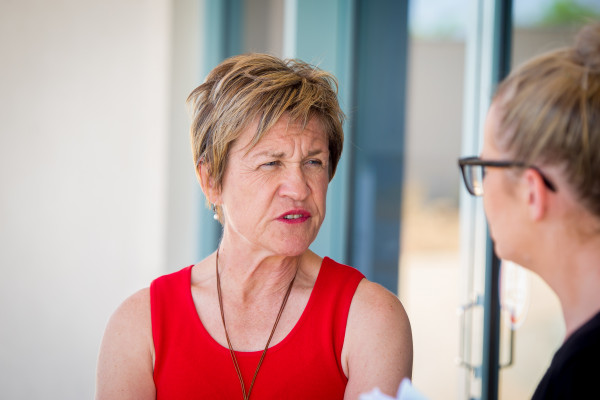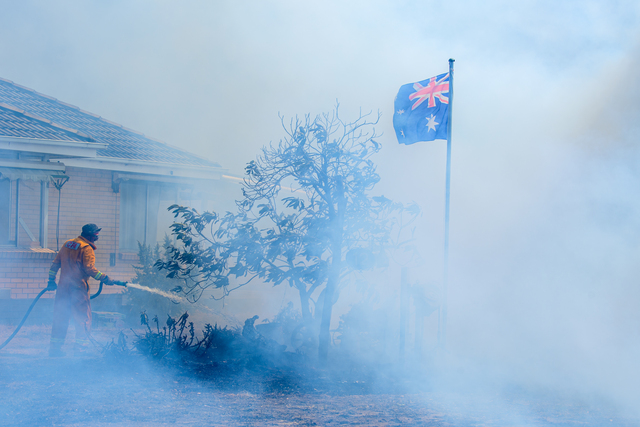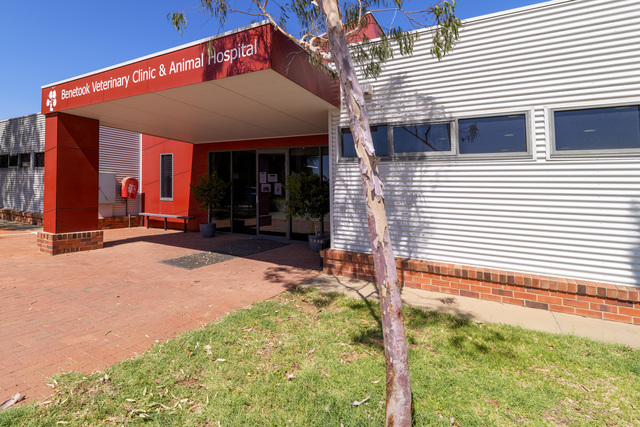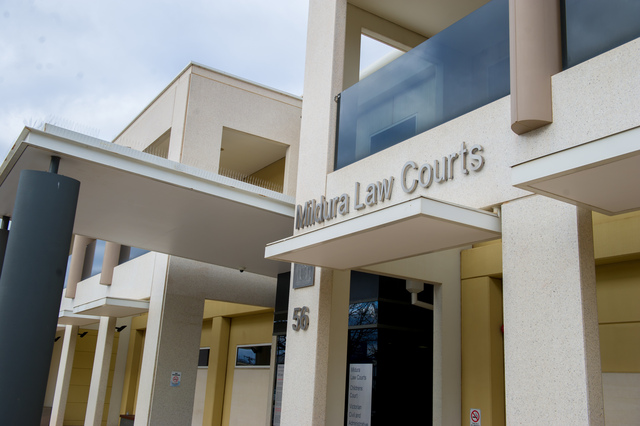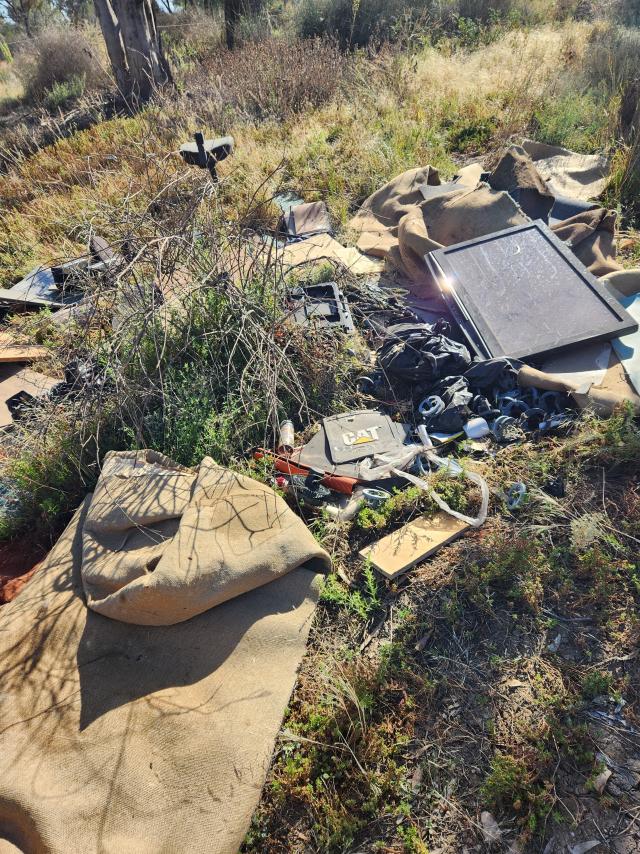THE Murray-Darling Basin Authority’s (MDBA) review of its own performance – which showed “good outcomes” – has been slammed as “satire” amid renewed calls for a royal commission into alleged water corruption.
The authority’s review of the $13 billion Murray-Darling Basin Plan highlighted the progress made in recovering water for the environment since the reform kicked off in 2012, as well as identifying six “priority areas” – including better adapting to climate change – for future focus.
However, Member for Murray Helen Dalton said an independent review was needed into the basin plan, “not the MDBA marking their own homework”.
“What do people expect them to say?” Mrs Dalton said.
“When I read this (MDBA review), I thought it was satire written by the Betoota Advocate.
“If millions of dead fish, multi-million-dollar profits to big corporates and towns running out of drinking water is cushioning the impact of drought, I’d hate to see what we’d look like if the basin plan failed.
“We need an independent royal commission into the basin plan and water corruption.”
The 2020 Basin Plan Evaluation involved the science community, river operators, independent advisors and input from basin governments.
It found 20 per cent of the water once used by farmers is now held in environmental water accounts.
MDBA chief executive Phillip Glyde said the enormity of the task to bring water take back into balance was “unmistakeable”.
“The progress made in the past eight years is something basin communities and governments should all be proud of,” Mr Glyde said.
“This evaluation marks a crucial checkpoint in the roll-out of the basin plan and clearly outlines where the achievements have been made, but also where more effort and action is needed.
“For the first time, we’ve used our satellite technology and data visualisation to show timescale impacts of the reform, which bring to life the outcomes seen on the ground.”
MDBA Basin Strategy and Knowledge executive director Vicki Woodburn said that while the main parts of the basin plan were in place, “there are important areas requiring action”.
“It won’t come as a surprise to many in the basin that ‘supply and constraint projects’ are at risk, and there’s a need for better information to support people participating in the water market,” Ms Woodburn said.
“Licensing and measuring of floodplain harvesting is still to be complete, and metering, monitoring and accounting improvements are required across the basin.
“In addition, the climate has changed faster than anticipated. The five hottest years on record in the basin have occurred in the last seven years.
“The new reality of a changing climate brings profound new challenges, and a need to adapt what we’re doing to ensure we can maintain the health of the basin.”

